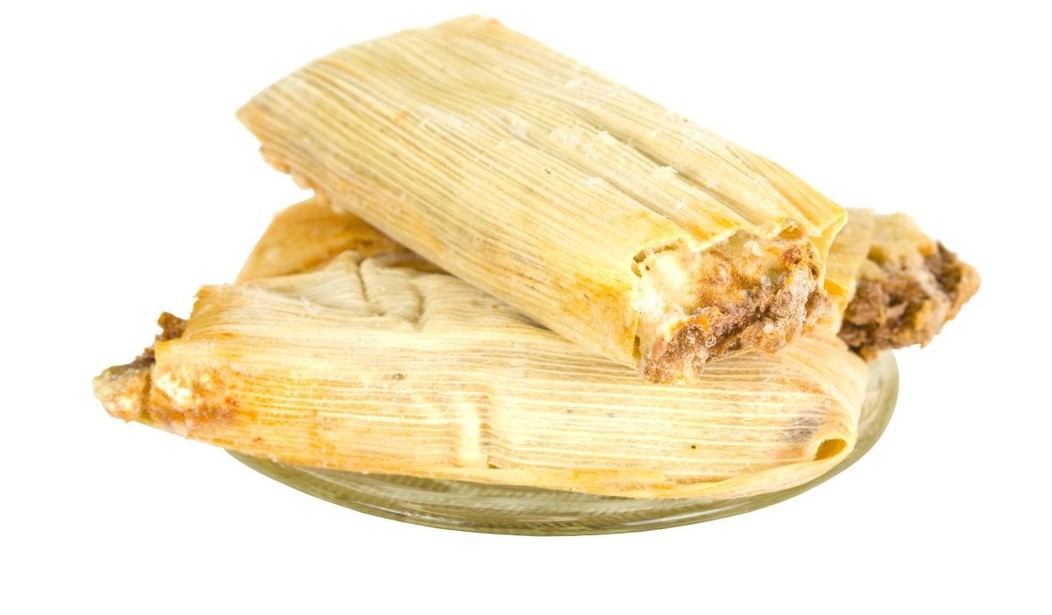We’ve all heard or read stories of the food nannies shutting down lemonade stands, threatening kids with hefty fines for demonstrating a little ambition.
Here’s an even more outrageous report. In a suburb outside of Dallas, a woman was making a little extra income by selling tamales out of her home. Recently, the woman received notice that she was being fined $700 and was threatened with arrest if she didn’t stop.
Homemade tamales sold on street corners or directly from people’s houses are about as common as lemonade stands in communities across the Southwest United States and probably elsewhere. (Actually, I believe I’ve encountered more tamales than lemonade stands in Southern California.)
It’s an avenue for people without a lot of resources to make some scratch on the side. And they’re very popular around the holidays in the Latino community. Of course, this is all totally illegal. They don’t have business permits. They don’t have professional kitchens. There’s all sorts of rules and regulations to follow, but attempting to do so would be so costly that it would likely turn it into a money-losing venture.
So because of government fears about food safety, there’s a black market for tamales. In Carrollton, Texas, a suburb north of Dallas, Dennise Cruz found out the hard way not to do anything that could draw attention from government meddlers. Cruz decided to sell tamales from her home, advertised as such on a community social-media site called Nextdoor, and then the city cracked down hard on her, sending her a $700 fine for selling food without a permit. They didn’t send her a warning or come and shut her down. They when straight to threatening her with arrest unless she forked over a ton of money.
It turns out a neighbor ratted her out to authorities:
Apparently somebody who saw her ad on Nextdoor squealed on her to the city. She wondered why this person didn’t come talk to her. My suspicion, looking at Nextdoor, which is a specialized neighborhood-oriented social app, is that city employees have probably joined and keep track of what’s going on in the community.
The absurd irony here is that this kind of tactic means that people who are open and likely more careful (and safe) about what they’re doing are the ones to be punished, but people are still going to be out there selling tamales without a permit, quietly and secretly outside the city’s control. And those folks might not be as careful and as safe as Cruz. As with any black market, government intervention doesn’t stop it from happening at all, it just makes it all the more dangerous for those who participate in it.
I have a neighbor like that. Someone called the sheriff because I wasn’t disposing of yard waste in the proper manner. I was lucky enough to get a warning, but if I ever run into the SOB who turned me in, he/she is going to wish they had minded their own business.
The nanny state just can’t leave well enough alone. Yard sales were made illegal when the CPSC determined there were certain used products that couldn’t be sold — including toys and other items that had been banned. Technically, you could be on the hook for thousands of dollars in fines if you put on a yard sale and are selling “illegal” stuff.
What’s even more insidious is that the nanny state relies on fellow citizens to inform on their neighbors to catch these dangerous violators of bureaucratic rules. How many stories have you read about parents being arrested or kids being taken by social services — after some busy body informs the authorities — because children are playing without parental supervision?
I didn’t realize when I was growing up the grave danger I was in for doing all these things that government now says I can’t do.










Join the conversation as a VIP Member